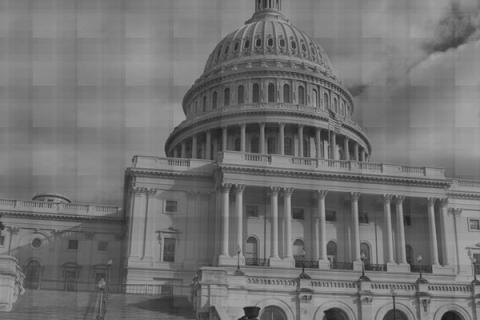Last year, California voters approved Proposition 14, a ballot initiative that proposed sweeping changes to the state's primary election system. Supporters argued that the new system would result in "less extreme" candidates than those nominated in the traditional partisan primary system.
Typically, only party stalwarts turn out for primary elections, and internal partisan politics has a major role to play in how these elections turn out. Proponents of the top two open primary anticipate a future with less partisan bickering and gridlock, and more "moderate" politicians representing a wider swath of voters' interests and policy preferences.
Opponents of the initiative argued that there is nothing wrong with parties being the foremost means of voter education and mobilization, and even that Prop 14 violates the 1st Amendment right of free association by forcing parties to associate with candidates they do not select. In a cutting critique of the new law, conservative columnist George Will wrote:
"The percentage of Californians who today approve of Schwarzenegger is a number beginning with 2. But now California has adopted a candidate selection process that is intended to nominate candidates like him."
At its convention this year, the California Republican Party has adopted changes to maintain its ability to influence the outcome of California's primaries. The new measures would allow the Republican Party to run a "pre-primary" of sorts. At least that's how critics see it. The state GOP will now offically be able to pick party favorites via early endorsements. The opinion pages and blogs are abuzz with criticism of this new policy as a cynical ploy by state Republicans to hang onto their power and circumvent the top two open primary system.
But, if parties don't even work to organize their voters and rally enough votes to get one of their members into the general election under California's new primary system, then what point is there in even having a political party? The new GOP policies may not work to undermine Prop 14, but instead, to work within its confines to achieve a goal party members ostensibly have in common: the election of candidates whose political views are similar to their own.
The California GOP isn't merely trying to remain powerful and relevant-- though of course that may also be the case-- it is trying to continue to have a reason to exist in the first place. In a happy compromise, parties may still continue to organize, educate, and mobilize voters with a set of similar political views, while Independent voters now have more of a voice in the process and a critical influence on the final outcome of election season.

